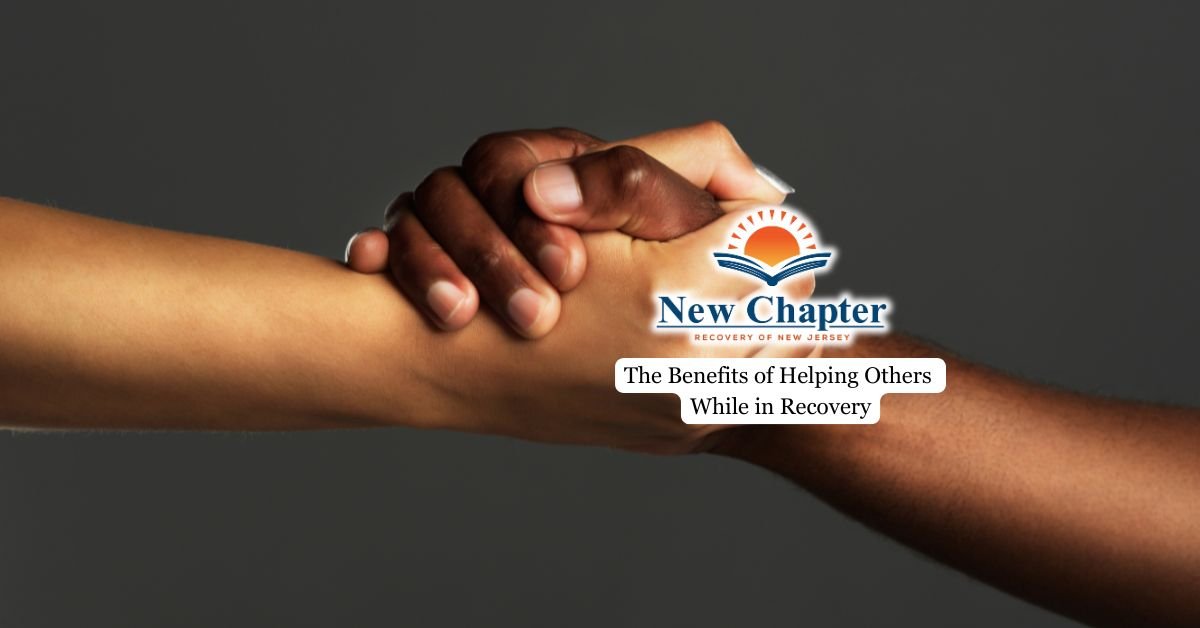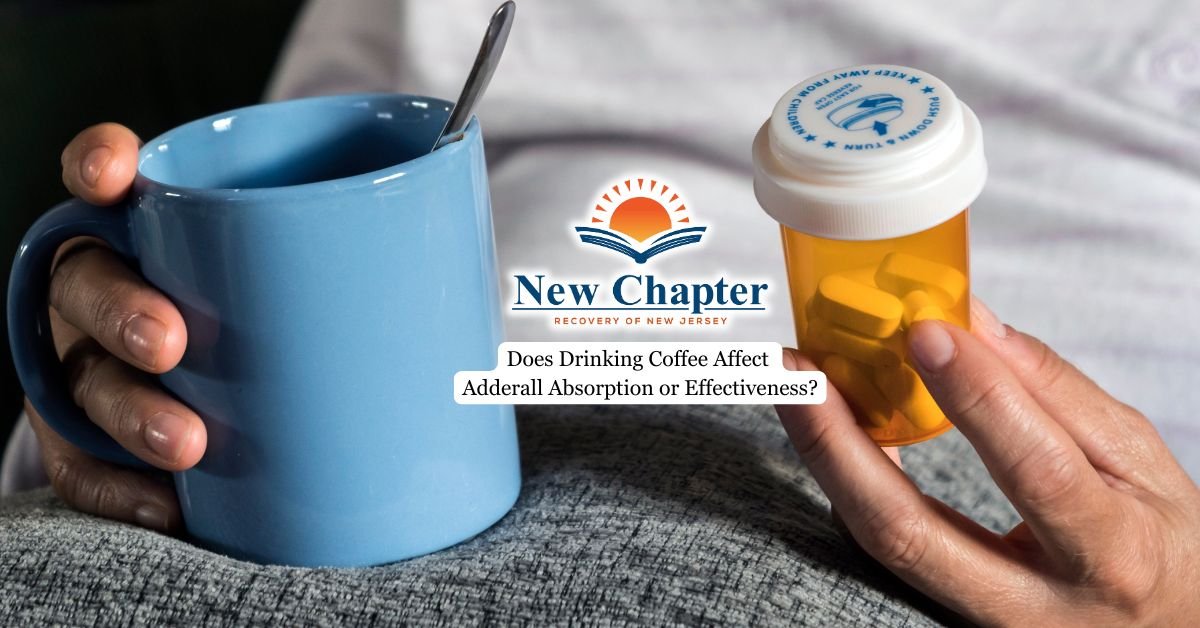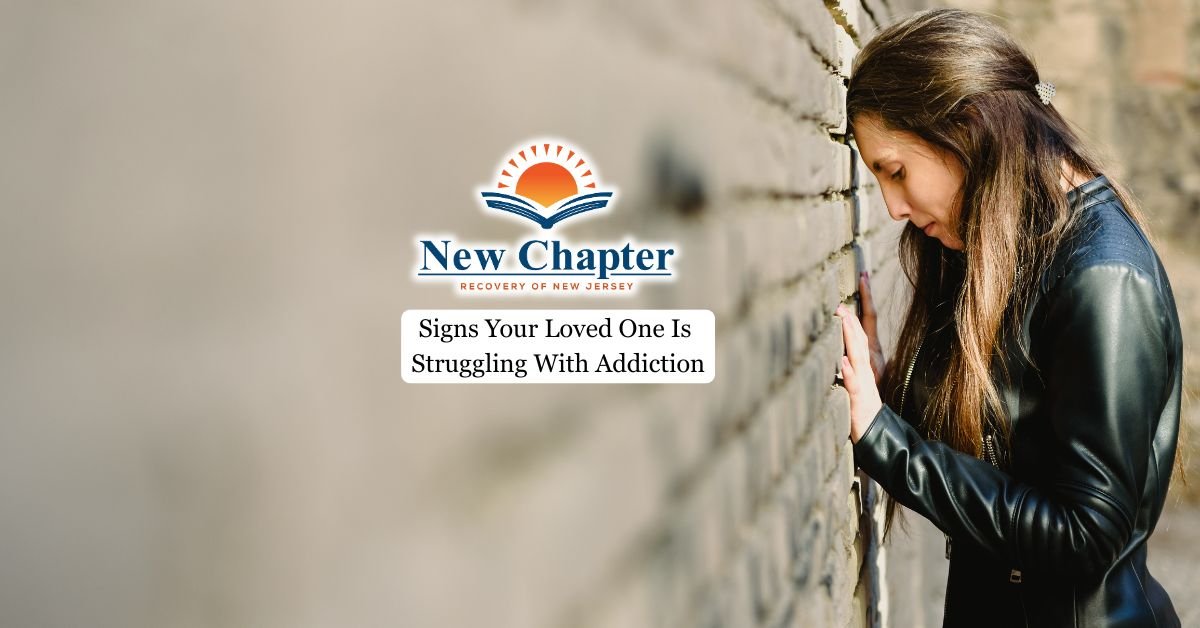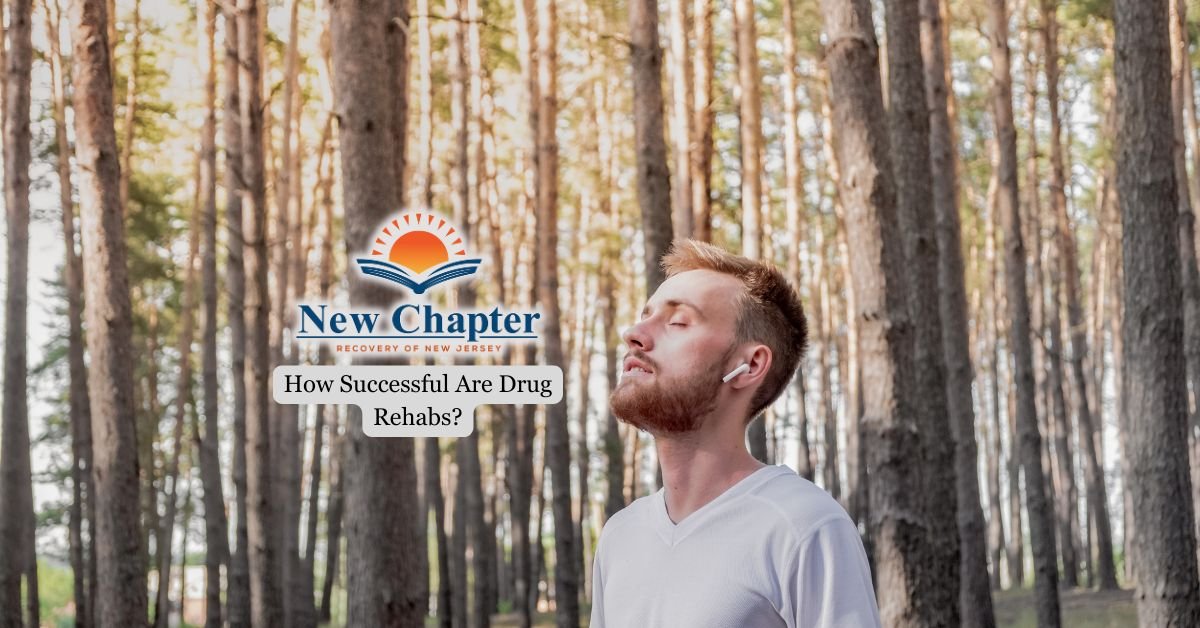Addiction is a complex disease that often hides behind everyday behaviors, making it difficult to recognize in those we care about. If you suspect a loved one is struggling with addiction, paying close attention to subtle changes can help you intervene early. Understanding the signs your loved one may be struggling with drug or alcohol addiction can be crucial in guiding them toward the help and addiction treatment they need.
This article highlights key signs and symptoms to look for if you suspect your loved one is struggling with addiction.

Understanding Addiction and Its Impact
Addiction is a chronic condition characterized by compulsive drug or alcohol use despite harmful consequences. Substance use disorder affects the brain and behavior, causing people with an addiction to prioritize substances over all else. Addiction to alcohol, opioids, or other drugs often starts subtly and can quickly escalate.
Recognizing the signs of substance abuse in a loved one early on can mean the difference between recovery and severe consequences of addiction. Prompt intervention is crucial to help your loved one acknowledge the problem, and effective addiction treatment—ranging from inpatient care to an intensive outpatient program—is essential for long-term recovery and healing.
10 Signs to Look Out For
- Changes in Behavior: Noticeable shifts such as increased secrecy, lying, or unexplained absences. These behavioral signs might also include sudden anger or defensiveness when questioned about drug or alcohol use.
- Withdrawal from Loved Ones: A loved one may isolate themselves, avoiding family gatherings or friends they once spent time with, which can indicate shame or preoccupation with their addiction.
- Neglecting Responsibilities: Skipping important tasks at work, school, or home is a common sign that addiction impacts daily functioning and priorities.
- Physical Signs of Addiction: Look for changes like bloodshot eyes, sudden weight gain or loss, and poor hygiene, which may indicate ongoing substance use. Track marks can indicate injectable drug use.
- Mood and Mental Health Changes: Anxiety, depression, or sudden mood swings often accompany addiction and can worsen due to substance abuse and withdrawal symptoms.
- Financial Problems: Increased borrowing, missing valuables, or unexplained financial trouble might mean your loved one is funding their addiction secretly.
- Legal Issues: People struggling with addiction may engage in illegal activities like theft or driving under the influence, which are serious warning signs.
- Changes in Sleep Patterns: Insomnia or excessive sleeping often result from drug or alcohol use and withdrawal effects, disrupting normal routines.
- Denial and Resistance: A loved one may refuse help, refuse to minimize their drug or alcohol use, or become unusually defensive when confronted with concerns.
- Physical Withdrawal Symptoms: Symptoms such as sweating, shaking, nausea, irritability, or headaches when not using substances can be clear signs of dependence.
Recognizing these signs and symptoms can help you better understand addiction in a loved one and encourage timely intervention.
How Addiction Impacts Your Loved One
Addiction is more than just drug use or alcohol abuse. It touches every part of a person’s life, often in ways that go unnoticed at first. Beyond the physical toll, it can deeply impact your loved one’s mental health, self-esteem, and sense of purpose. Relationships may suffer as trust is broken and communication breaks down, while financial instability and legal troubles can quickly follow.
Untreated addiction can also lead to serious health complications that further complicate recovery. Many people struggling with addiction try to hide it out of fear, shame, or stigma, which makes it harder for family and friends to recognize the warning signs and encourage them to seek the help they need.

What To Do If You Suspect a Loved One Is Struggling
If you notice these 10 signs your loved one may be struggling with addiction, approaching them with compassion and support is vital:
- Encourage your loved one to seek help from an addiction counselor or treatment center.
- Investigate outpatient addiction treatment options if inpatient care isn’t necessary or available.
- Educate yourself about drug use and addiction to better support your loved one through their recovery.
- Avoid judgment and reassure your loved one that addiction is a disease, not a moral failing.
- Help your loved one access the help they need without forcing or pressuring them, if possible.
Getting your loved one the help they need can be challenging, but your support during their struggle is often crucial for recovery.
Final Thoughts from New Chapter Recovery
Addiction in your loved one may not always be obvious, but by recognizing these 10 signs of substance abuse or addiction, you empower yourself to intervene and support them more effectively. Addiction can impact all areas of a person’s life, but with early recognition and proper addiction treatment, recovery is possible.
At New Chapter Recovery, we understand the complexities of substance abuse and are dedicated to providing compassionate support and customized treatment plans that reflect each person’s unique needs. Our skilled team of addiction specialists is here to guide you through every stage of recovery, offering a safe, welcoming environment where true healing can begin.






